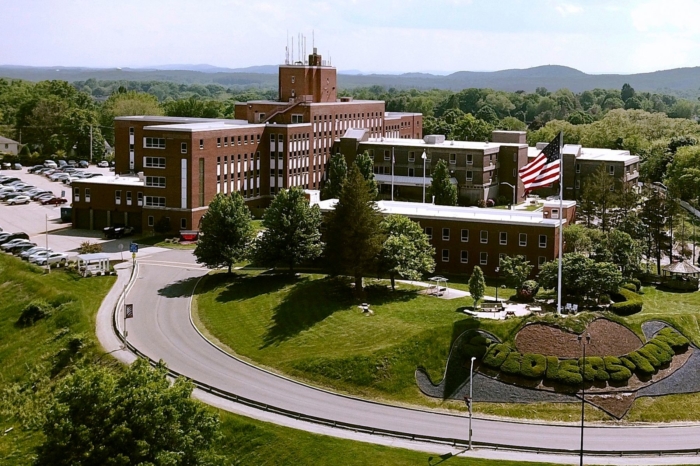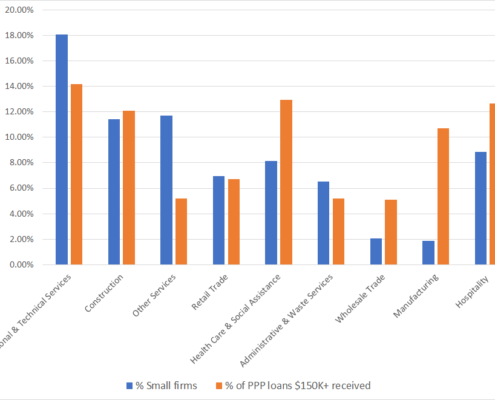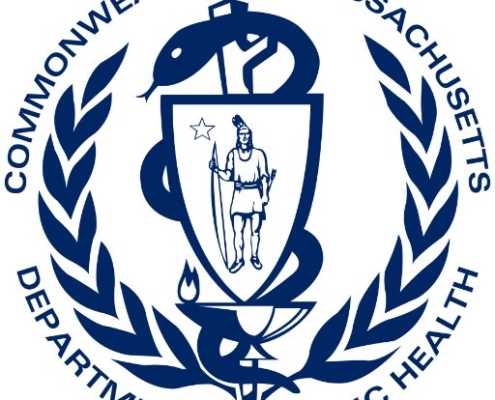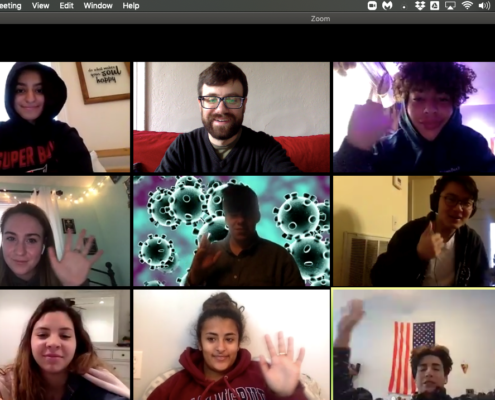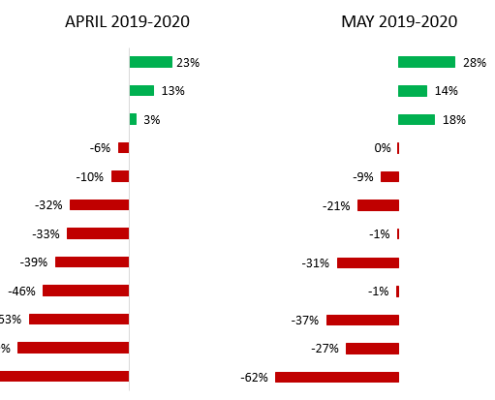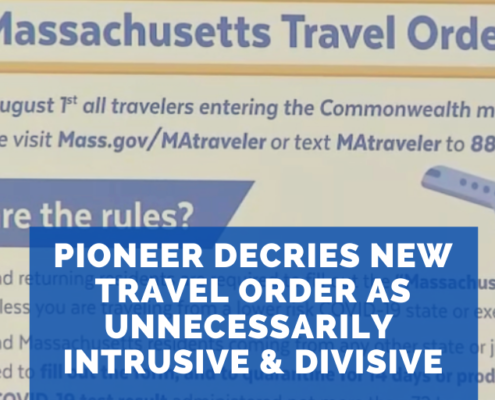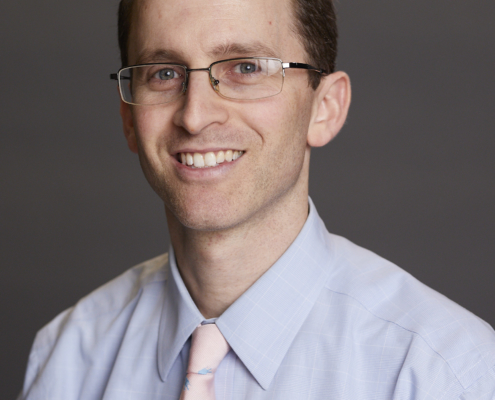Holyoke Soldiers’ Home Study Targets Inadequate Nursing Home Staffing Standards
BOSTON – Standards enforced at the federal and state levels are insufficient to address chronic staffing issues reported by staff and residents’ families at the Holyoke Soldiers’ Home, making that facility particularly vulnerable to the COVID-19 pandemic, according to new Pioneer Institute research.
“State officials and leaders at the Soldiers’ Home seem to have applied the staffing standards correctly,” said Pioneer researcher Andrew Mikula, who co-authored “Understaffing at Long-Term Care Facilities Is Not Unique to the Holyoke Soldiers’ Home. It’s Embedded in Federal Standards,” with Greg Sullivan. “The problem is that the standards themselves are not sufficient to protect the frail and elderly during normal times, let alone in the midst of a pandemic.”
Over 70 elderly veterans have died at the western Massachusetts long-term care facility during the pandemic.
The Springfield Republican launched an investigative series into the Holyoke Soldiers’ Home’s quality of care in 2017, shortly after the publication of concerning injury data and staffing complaints at the facility. Among the chief concerns was that the Soldiers’ Home didn’t have sufficient staff on hand to prevent falls among residents, which was later echoed by union representatives in a 2018 petition to management. Journalist Mike Plaisance went on to document the facility’s high marks during federal and state reviews, which seem jarring given its disproportionate suffering during the tragic Coronavirus outbreak.
In 2001, the U.S. Centers for Medicaid and Medicare Services recommended that, for every day each resident spent at a nursing home facility, nursing staff members would spend 4.1 hours servicing the facility. The corresponding standard enforced by the federal government, and cited in a 2017 state audit report, is a minimum of 2.5 nursing hours per resident day.
By March 2020, when staff started calling in sick with COVID-19, management consolidated staffing resources by combining different floors of the facility and having up to nine residents sleep in the dining room, which only accelerated the spread of the virus among residents.
This alleged mismanagement is now the subject of at least four investigations involving both state and federal officials. While Governor Charlie Baker has called in the National Guard to provide assistance to nursing staff at Holyoke Soldiers’ Home, there is still months of work to be done to evaluate who is liable for the deaths of dozens of elderly veterans.
“While it’s easy to retroactively point fingers, the staffing and managerial concerns at Holyoke Soldiers’ Home that predate the Coronavirus outbreak really stand out,” said Pioneer Research Director Greg Sullivan. “That’s why the union’s complaints and the Springfield Republican’s investigative work are so insightful.”
A 2019 report from Suffolk University’s Moakley Center for Public Management cites the state audit report’s findings of excessive overtime payments at the Soldiers’ Home as a potential indicator of staffing issues. However, the 2017 audit report didn’t make that connection, and thus the warnings of the union, staff members, and families of residents went unheeded for years. Unfortunately, it may take a tragedy such as COVID-19 for state and federal standards for nursing home staffing to reflect the decades-long recommendations of healthcare experts.
About the Authors
Gregory Sullivan is Pioneer’s Research Director. Prior to joining Pioneer, Sullivan served two five-year terms as Inspector General of the Commonwealth of Massachusetts, and held several positions within that office previously. Sullivan was a 17-year member of the Massachusetts House of Representatives, serving on the committees of Ways and Means, Human Services, and Post-Audit and Oversight. Greg holds a bachelor’s degree from Harvard College, a master’s degree in public administration from The Kennedy School of Public Administration at Harvard, and a master’s degree from the Sloan School at M.I.T., with a concentration in finance.
Andrew Mikula is the Lovett & Ruth Peters Economic Opportunity Fellow at Pioneer Institute. Mr. Mikula was previously a Roger Perry Government Transparency Intern at Pioneer Institute and studied economics at Bates College.
About Pioneer
Mission
Pioneer Institute develops and communicates dynamic ideas that advance prosperity and a vibrant civic life in Massachusetts and beyond.
Vision
Success for Pioneer is when the citizens of our state and nation prosper and our society thrives because we enjoy world-class options in education, healthcare, transportation and economic opportunity, and when our government is limited, accountable and transparent.
Values
Pioneer believes that America is at its best when our citizenry is well-educated, committed to liberty, personal responsibility, and free enterprise, and both willing and able to test their beliefs based on facts and the free exchange of ideas.
Get Our COVID-19 News, Tips & Resources!
Related Commentary
Massachusetts’ Holyoke Soldiers’ Home is the hardest-hit facility in the country due to COVID-19. How did that happen? Watch this WCVB-TV segment, featuring Pioneer’s Greg Sullivan, on the facility’s budget, overtime spending, and questions about the care that it provided even before COVID-19.
Recent Posts

